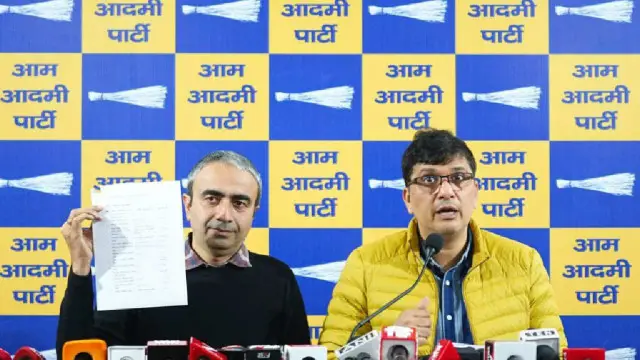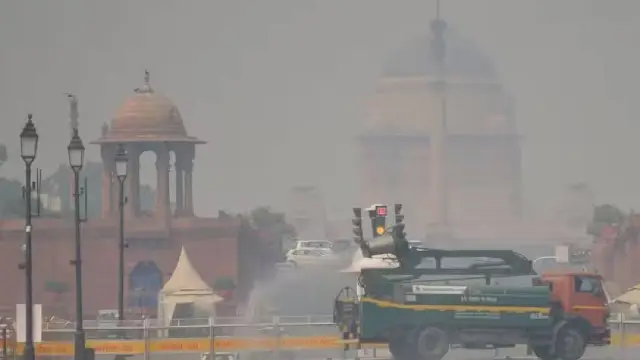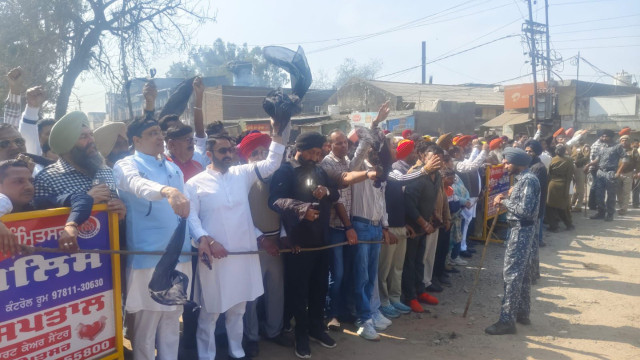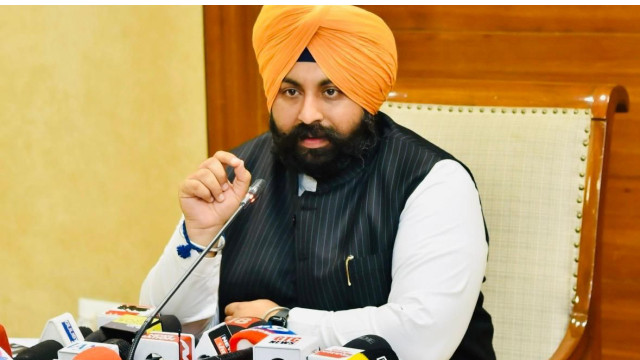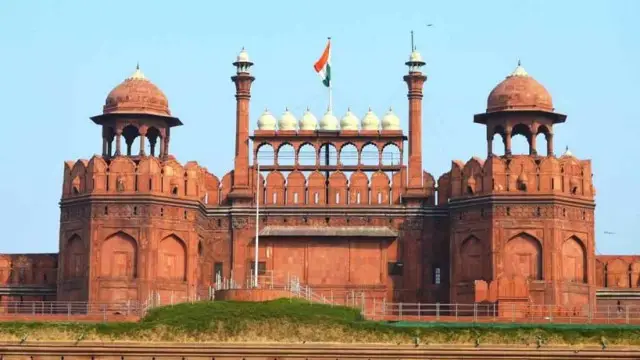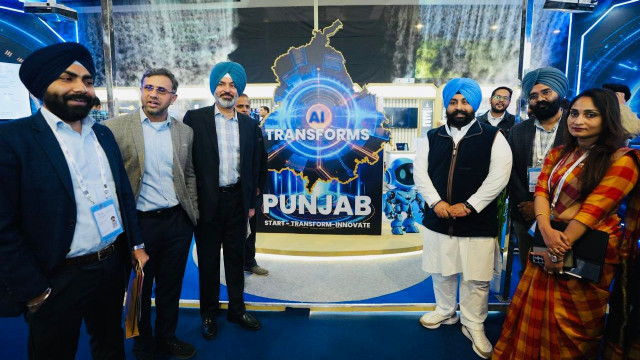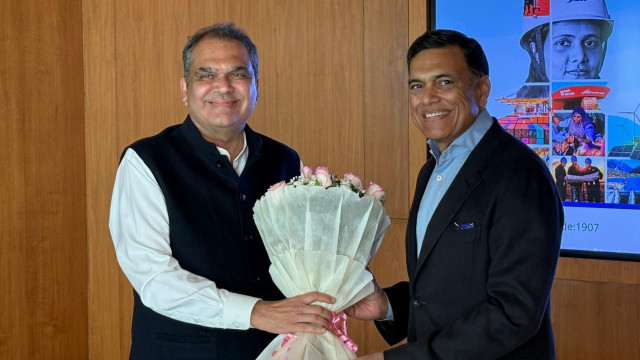AAP gives full challenge with full political preparedness in Goa Panchayat elections
The Aam Aadmi Party has shocked Goa politics by announcing candidates for all district panchayat seats, promising clean governance, grassroots leadership and a new break from traditional power models.
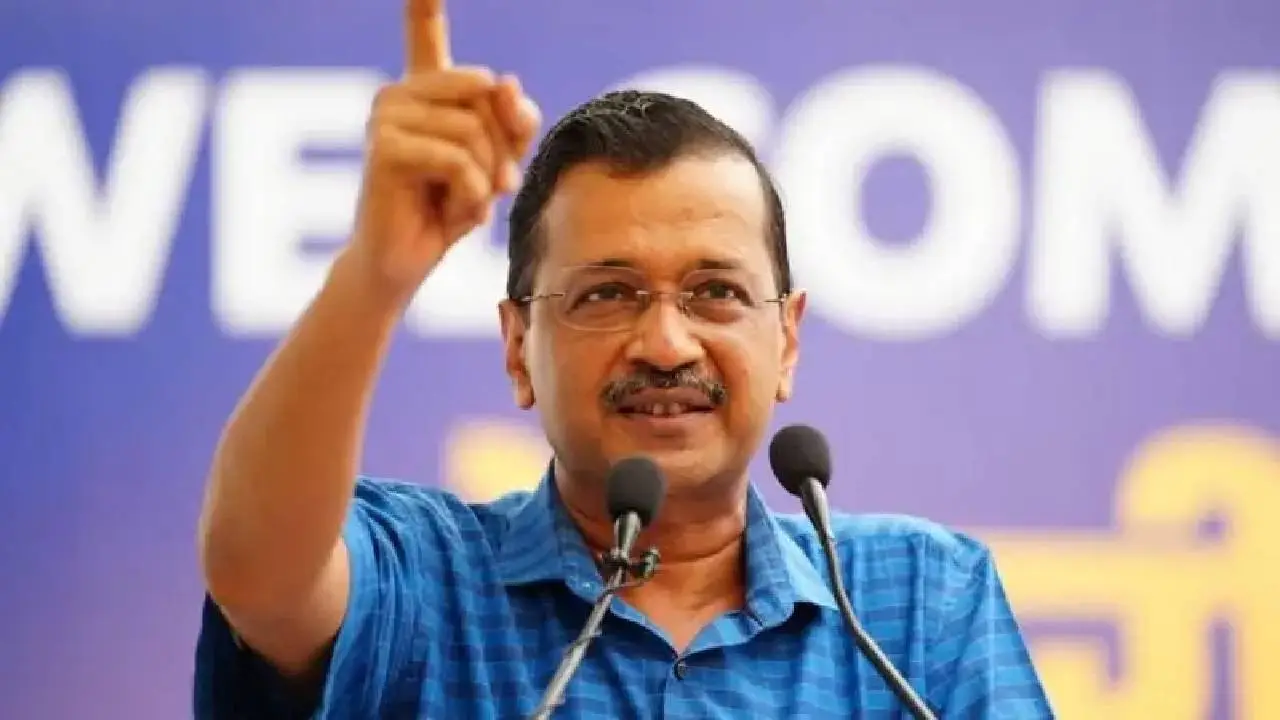
New Delhi: AAP's recent announcement to contest all fifty panchayat seats in Goa is a bold political move. It signals the party's readiness to shift decision-making power from the upper echelons of power to local communities. Leaders say their focus is on the real needs of villages like roads, water and health. Unlike in previous campaigns, the party is not relying on promises but is claiming structural preparedness.
Their vision is simple - give direct power to villages instead of central control. This strategy could change the way local government works if voters respond positively. It also puts pressure on old parties that have ignored key community issues.
Is this a people's model?
The list of candidates includes young faces, women, social volunteers and representatives of different communities. AAP believes that diverse leadership brings long-term trust. Its workers say most of the candidates have not just political background but also grassroots understanding. Party insiders emphasize how similar models in Delhi and Punjab helped transform basic services. In Goa, there are hopes that local bodies will be run through direct public participation. If voters buy into the idea, panchayats can become centres of transparent governance. Supporters say this is not just an election strategy, but a change in governance.
Can this shake the ruling party?
Public reaction indicates growing dissatisfaction with the current BJP-led government. Many villagers complain about rising costs, lack of jobs and weak local governance. Development claims appear mostly on posters and digital campaigns, while real ground issues remain untouched. Panchayat powers have been reduced, leaving local representatives feeling marginalised. AAP’s campaign directly counters this with strong grassroots-focused messages. Political experts note that a full-seat contest puts incumbents under pressure. This sets the stage for a tight election battle.
Will traditional politics be suitable now?
The AAP leadership openly says that their fight is not just to win, but to rewrite the political landscape in Goa. They argue that governance should flow upwards from the villages, not downwards from the capital. Their strategy aims to engage each candidate in public discourse rather than centralised speeches. The party believes that panchayat leaders should act as direct contact points for families. Observers believe that such a campaign could force other parties to revise their strategies. If successful, it could redefine future electoral patterns.
Is preparation a real strength?
Insiders say that AAP has been quietly strengthening its organisation in Goa in recent years. Unlike in previous campaigns, this time the party has prepared ward-level teams to work months in advance. Their volunteers claim that data-based planning has been used to map local concerns. A clean image and service-oriented branding are being promoted across all constituencies. Party members say they are relying on person-to-person engagement and not just campaign rallies. Analysts believe that such planning can deeply influence rural voters.
Could this be a turning point?
Current surveys suggest that young voters are increasingly interested in seeking governance rather than political drama. Many feel that local issues deserve more attention than larger ideological debates. AAP is presenting itself as a viable alternative with a focus on service delivery. Meanwhile, the ruling party is defending its past record with aggressive campaigning. With the two parties entering a direct contest, there could be huge changes in rural Goa. The election mood suggests that the outcome could surprise traditional political observers.
What's next for Goa?
As the full selection of candidates approaches, campaigning energy is clearly increasing in remote villages. Supporters are emphasizing transparency and public participation as key tools. For the ruling party, this has created an unexpected challenge. Experts say that if AAP maintains its momentum till polling day, the contest will be fierce. Local residents now have a clear choice between controlled governance or community-driven leadership. The election has gone from routine to highly strategic within a few days. Political observers have predicted high voter participation this time.





